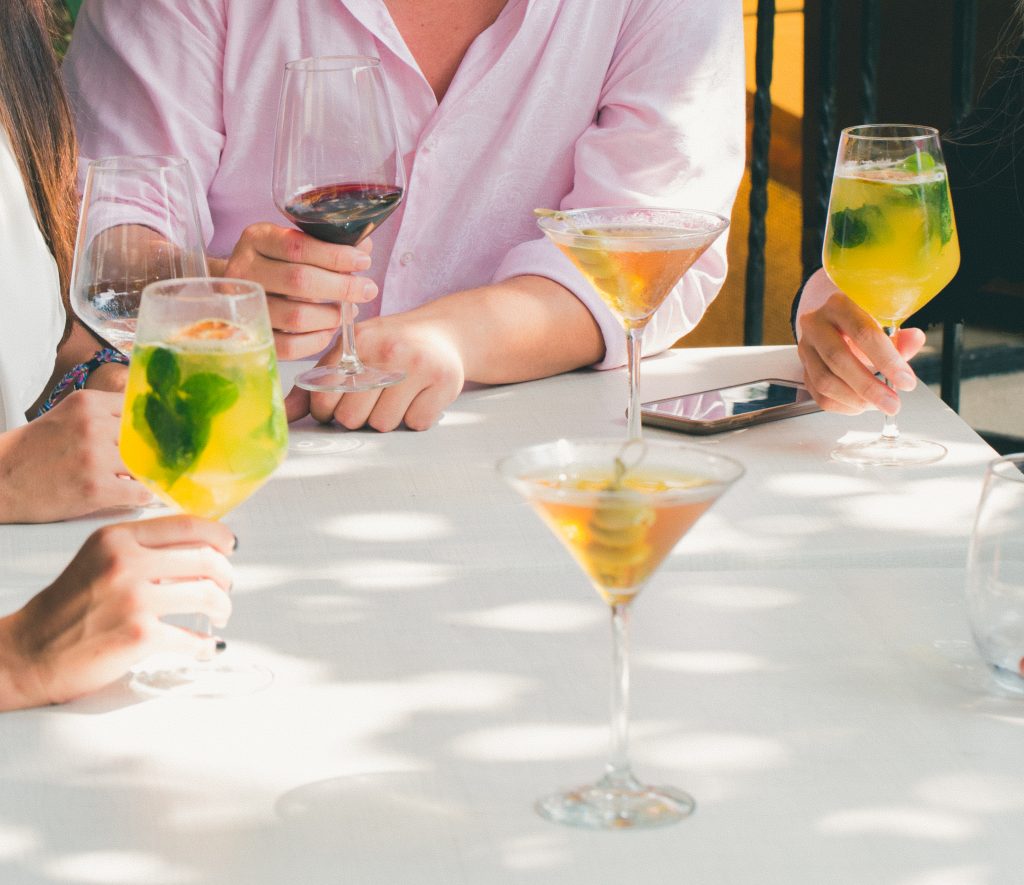Spike in crime over holidays
In NSW, violent offending is 9 times higher on New Year’s Eve than on any other day, while the number of domestic assaults on New Year’s Day is the highest recorded all year. Break and enter offences also increase slightly on Christmas Eve and New Year’s Eve, according to the Bureau of Crime Statistics and Research (BOSCAR). BOSCAR analysed the number of criminal incidents recorded by police during the holiday period and noted that an increase in violent offences on New Year’s Eve is likely due to higher levels of alcohol consumption and social interaction.
Intoxication Defence: Is being intoxicated a defence?
The holiday period is typically filled with social events, many involving alcohol. While most enjoy a few drinks without coming into contact with the law, criminal matters can become complicated if an accused person is intoxicated when the alleged offence occurs.
Intoxication is not a defence in itself, but it may affect whether a person is found guilty of an offence. For offences that require the prosecution to prove that a person intended to cause a specific result (for example, murder), evidence that the person was intoxicated at the time of the relevant conduct may be taken into account when determining if they had the intention to cause the specific result necessary for that offence. However, evidence of intoxication cannot be taken into account in these circumstances if the person had decided to do the relevant conduct before they became intoxicated or if they became intoxicated in order to strengthen their resolve to do the relevant conduct.
If the offence is not one where the prosecution is required to prove that the accused person had an intention to cause a specific result, intoxication can only be considered if it was not self-induced.
Self-induced intoxication cannot be taken into account to determine whether the conduct said to comprise an offence is voluntary. However, if intoxication is not self-induced, and the relevant conduct resulted from the intoxication, a person is not criminally responsible for an offence.
In circumstances where an offence requires consideration of the state of mind of a ‘reasonable person’, the reasonable person is considered to be someone who is not intoxicated, even if the accused person was intoxicated at the time the alleged offence was committed.
Key Takeaways
- Intoxication alone is not a defense in NSW, but it may impact the determination of guilt for specific intent crimes.
- For crimes requiring intent, intoxication effects are considered unless premeditated or used to bolster resolve for the act.
- Self-induced intoxication doesn't negate the voluntary nature of an act, but non-self-induced intoxication could exempt from criminal responsibility.
- In evaluating a 'reasonable person's' state of mind, intoxication of the accused at the time is disregarded.
How We Can Help
If you have been charged with a criminal offence, you can contact the team at Hamilton Janke Lawyers 24/7 by calling 4038 1666.
We provide legal services for criminal and traffic offences. Learn more here.
Written By

James Janke
James Janke is founding partner at Hamilton Janke Lawyers, and has more then decade of experience as a Criminal Defence Lawyer. Admitted to both the Supreme Court of New South Wales and High Court of Australia




